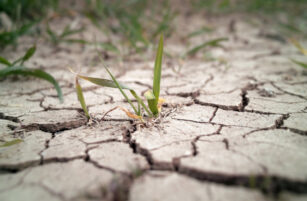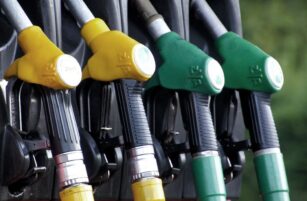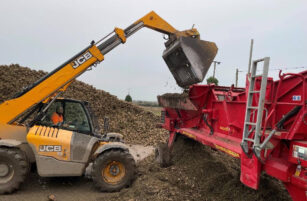Insight Focus
Indonesia is one of the largest raw sugar importers in the world. They are aiming to become self-sufficient by 2028 and have identified new sugarcane planting area in Papua. Will they succeed?
The Indonesian sugar market has two segments: refiners supplying refined sugar from imported raw sugar to the food and beverage industry, and cane mills producing white sugar for direct consumption in the ‘wet market’.
The two sectors are segregated as refiners are not allowed to sell into the wet market and operate under a protected environment.
Largest importer
Indonesia is one of the world’s largest importers of raw sugar. It imports around 5m tonnes of raw sugar each year to be processed by its refineries for the food and beverage companies.
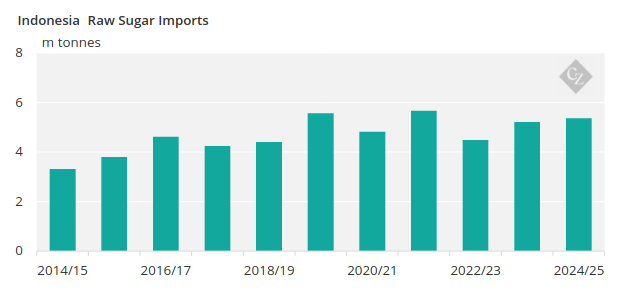
Imports have increased over the years while cane growth has been stagnant. The refiners have therefore taken increasing share of the local sugar market. As Indonesia develops, people are consuming more high-quality refined sugar through processed food and drinks.
If Indonesia aims to reduce imports through increased self-sufficiency, this implies the refiners will lose market share. We consider this unlikely. It also implies consumers will reverse their sugar consumption trends. Again, this is unlikely. A third option is that the government de-segregates the sugar market and allows cane mills to make refined sugar. This would also be opposed by the refining sector and would require heavy investment at the mills.
Cheaper to import
Indonesia has been here before. Every few years politicians consider quick ways to reduce import bills and land on sugar.
Regardless, domestic sugar production from cane has been almost unchanged for more than a decade as in a good year they produce about 2.5m tonnes of sugar. Even the quick wins from cane area and yield haven’t been taken.
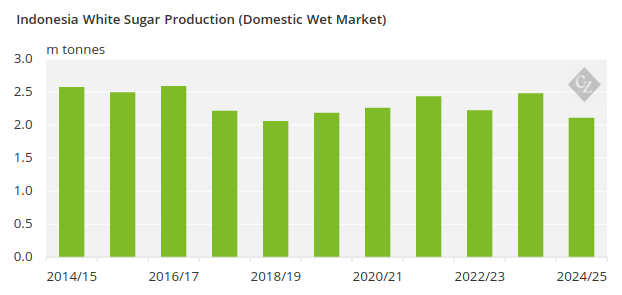
Indonesia’s sugar consumption has increased in line with population growth and is around 7.7m tonnes a year.
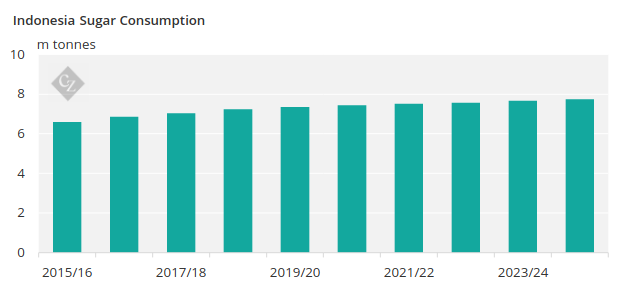
Sugar Industry Expansion in Papua
Despite the slow growth in the sugar industry, the government has identified 2m h/a of land in Merauke, South Papua province for an industrial estate for sugarcane plantations, mills, a bioethanol plant and a biomass power plant.
Under the expansion plan, sugar and bioethanol production will be spread across 2 million h/a in the Merauke regency. The project has been divided into 4 clusters, with cluster 3 providing over 500k h/a of land ready for planting.
The government is aiming to increase production to 3m tonnes a year by 2027. If this plan is successful, Indonesia will theoretically have more than enough land required for their self-sufficiency target for the wet market only.


